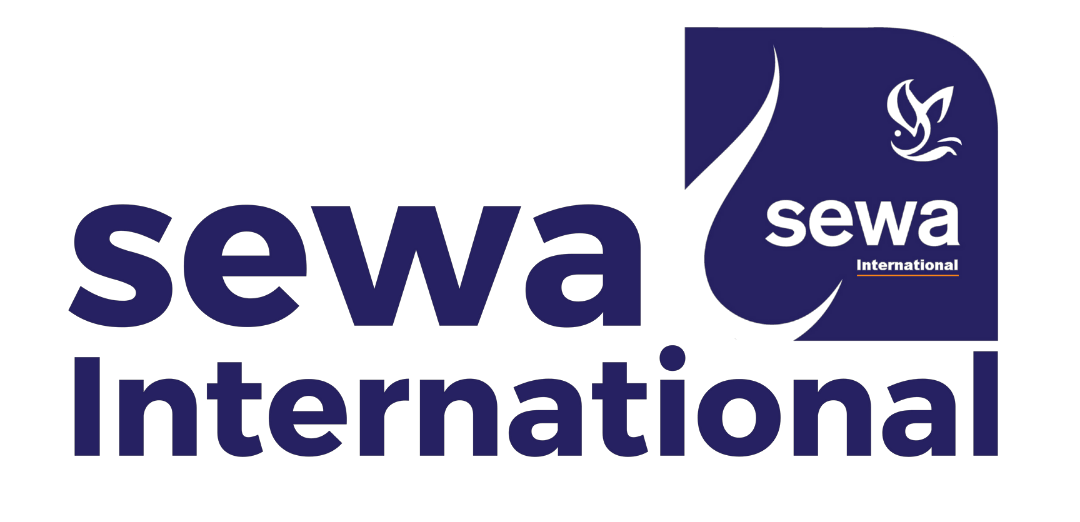 |
Social and Emotional Learning: |
Social and Emotional Learning: A Holistic Way to Develop Skills |
On : April 2, 2024 | By : Sewa International |
Our surroundings have a great influence on how we perceive and act on the challenges that we face. The constant frustration arising out of these challenges affect an individual in all aspects of their life. Still, people are less attentive to giving priority to understanding one’s emotions. The unavailability of emotional support makes it hard to cope up with these challenges and differences arise from them. From the initial years of childhood to the crucial teenage years, an individual goes through various changes (physical, emotional & intellectual). It is evident that during this phase, most of the topics of discussion turned into an altercation between two parties. This increases the chances of misunderstanding and miscommunication. Peer pressure and societal pressure makes them insecure and burdens them with feelings of loneliness, stress, depression and anguish. They find themselves aloof from the whole society. This also has further implications such as reduced interest in learning, apathy toward challenges, and involvement in negative social behaviours. There is no doubt that these kinds of circumstances were prevalent before the COVID-19 pandemic but they have been aggravated in the post-pandemic period not only in India but around the globe as well. Therefore, it becomes really difficult for students to get used to the new normal. In this scenario the idea of Social and Emotional Learning (SEL) becomes more prominent, with its focus on helping students to understand, feel, and express their emotions. |
Social Emotional Learning |
 |
The whole idea of SEL and experiential learning became really crucial in recent times. The ASER 2019 data provides quantitative evidence to assess SEL of young children in India. The study was conducted across 26 districts in 24 states and in 14 languages covering a wide range of cultural and social diversities. The results reveal both the limited skills that children acquire in SEL,therefore both the ASER 2019 report and further the National Education policy (NEP) 2020 emphasize on the need for integrating it into the education system. Social-emotional Learning (SEL) is defined as “the process through which children and adults learn and apply a set of social, emotional, behavioural, and character skills required to succeed in schooling, workplace, relationships, and citizenship”. SEL is a method of teaching which is done through a variety of playful activities that involves full participation and engagement of the children. It keeps itself aside from the conventional methodologies which is primarily oneway (teacher-oriented) and focused more on academics.This enables them to build positive relationships with their peers and make rational decisions. SEL is not a practice in isolation; it requires involvement of a number of different stakeholders. Therefore, according to the Casel’s SEL Framework, the social and emotional skills can be imparted in classrooms and schools which requires support from families and the community. This will ensure a holistic development of the children.Sewa International Initiatives |   |
Understanding its relevance and the need for it to be included in the education system, we have taken up the initiative by sponsoring the program “Rise” for giving SEL lessons to the 8th & 9th standard students from underserved backgrounds studying in different schools in Pune, Sangli and Kolhapur District.
These lessons are given with the help of modules focusing on:
|
|
|
|
|
|
Self-potential (identifying personal strengths & limitations)
Understanding mindsets
Role Model & Time Management
Smart Study techniques
Anger Management
Handling of peer pressure
Creating a Safe Environment
Emotional Intelligence
|
Activities |
 |
 |  |
The facilitators of this program are practicing experiential educators specialized in child and adolescent psychology. Therefore, the modules are designed to use experiential methods of learning through Task-based Activities, Presentations Demonstrations, Ice-breakers Group Games. Some of the activities we are doing while taking lessons are listed below:
Further after such sessions, assignments are given to them to explore their mindset daily by setting aside 10 minutes before sleep to reflect on their thoughts and behaviour. Such modules, therefore, focus on developing competencies of Self-awareness & Management, Responsible decision making and Relationship Skills among the students. Additionally, the initiative has been taken to involve parents in the development of children with more awareness. Further, the teachers can be given a new perspective of experiential learning other than their regular teaching. This will result in enabling greater engagement among teachers, parents, and students.Our Initiative has benefitted approx. 204 students, including 102 boys and 92 girls. Our approach is to focus on building the emotional resilient individuals to promote prosocial behaviour. This corresponds to target 4.7 of Sustainable development goals. Despite these efforts, the awareness about the utility of the SEL remains meagre. There is a considerable need for the concerned stakeholders to take appropriate steps in integrating it in the education system. Apart from this, the parents and community should support and participate in taking up the small initiatives at the early stages of child development. - Neha Sehgal (Research Associate) |


.png)
.png)
.png)

.png)
.png)
.png)